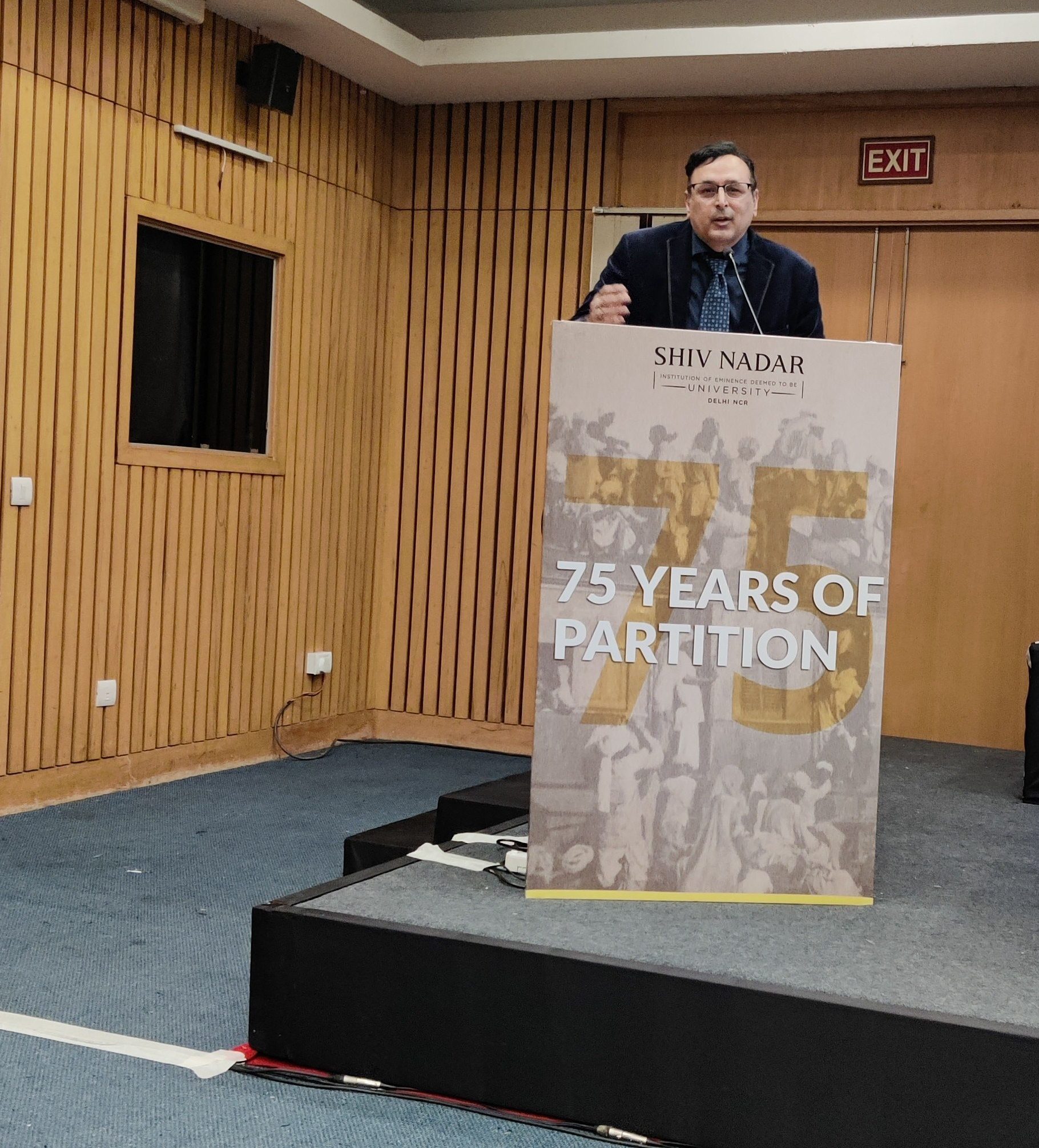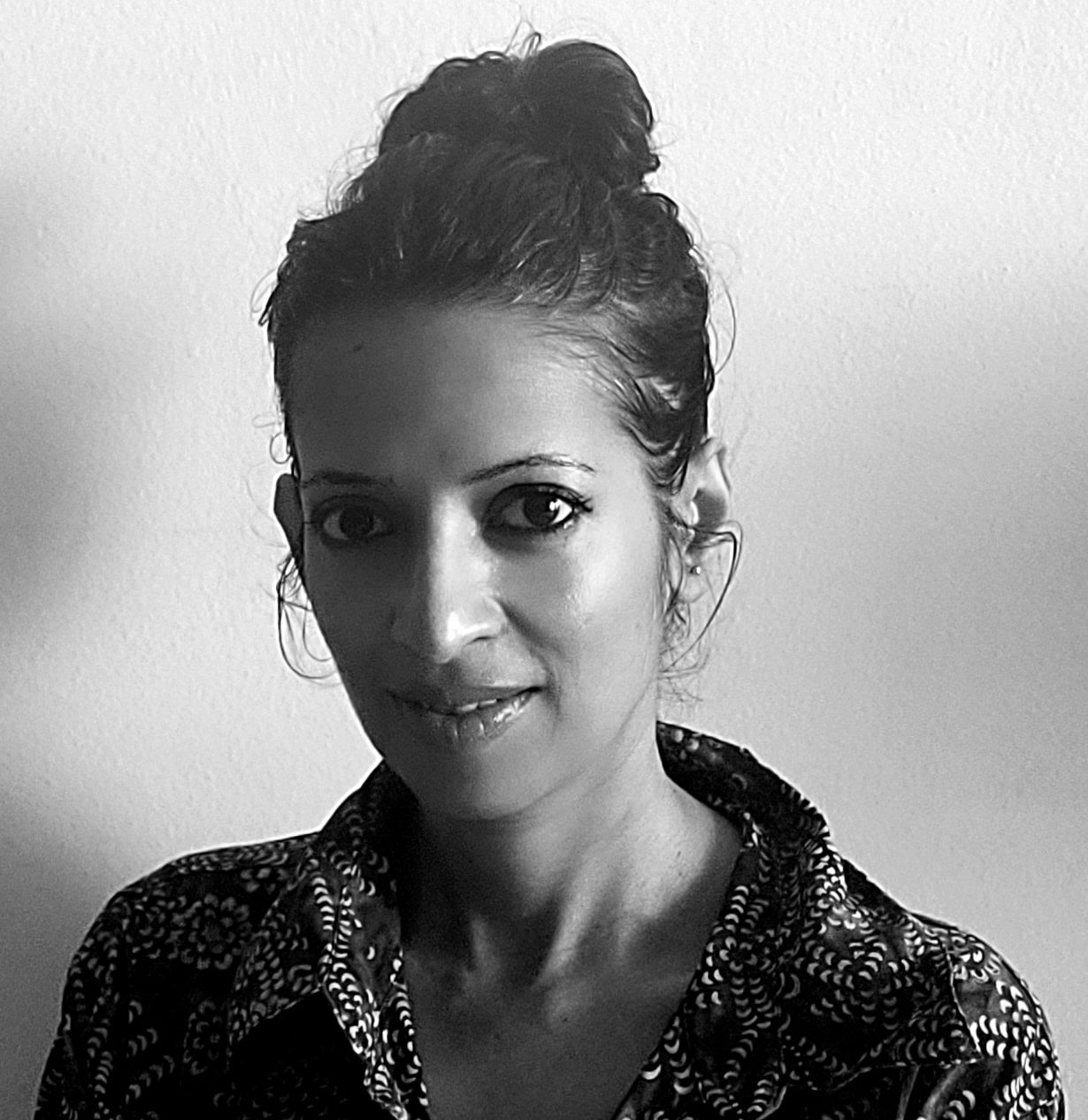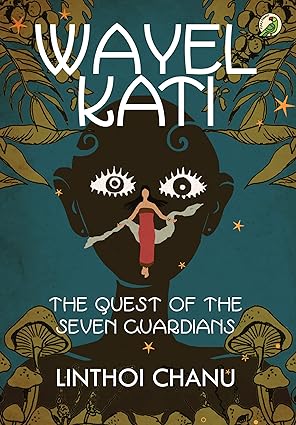Books To Look Out For This Summer!
Bring out your sunglasses and a reading mat, we are going to read this summer. Or perhaps turn your AC on full blast if you

Author and professor Vikram Kapur read an excerpt from ‘A Refugee Soul’ at the 75 Years of Partition event at India International Centre in New Delhi on January 20, 2023. The essay was first published in the British lit mag Litro. Do read this important piece of writing on the occasion of Republic Day, today.
After Mom died in 1998, Dad spent most of his time with my brother and me in Seattle. Although he never said it in so many words, her absence left him miserable in New Delhi. That was where the two of them had built their home and raised their two children and lived happily for the better part of thirty years. Everywhere he turned, a memory from their life together waited to ambush him. Seattle couldn’t turn off thoughts of Mom—nothing on earth could do that—but its foreignness prevented it from ghosting his days the way New Delhi managed so effortlessly. Moreover, he had his two sons there.
Back then, my brother and I were teaching at the same college. We’d leave right after breakfast to take our classes. Dad would stay back in the apartment and read, or listen to Punjabi music, or watch one of the Indian channels on cable television. That day in April 2002 he was watching the news on an Indian TV channel, when an item about an Indian diplomatic mission to Pakistan to ease border tensions commanded his attention. As part of her report, the journalist spoke to an old Pakistani woman who was born and raised in India. The woman told her, in a breaking voice, that her greatest wish was to see her ancestral home in India.
By the time I got home, the news was over and a raucous Punjabi song was surging out of the television set. Dad had a faraway look in his eyes, as he slumped in the drawing room sofa with his chin resting between his thumb and forefinger. He didn’t see me come in. He had travelled too far from the apartment for that. When I said ‘Dad’ he started.
Wondering why he was so preoccupied, I asked, ‘What’s the matter, Dad?’
There was a short pause before a sigh climbed out of him. In a voice teeming with longing he said, ‘I want to go home before I die.’
It is the immigrant who leaves to remake his or her home elsewhere. There is a part of the refugee that never leaves. No matter with what determination refugees seek to supplant themselves, a part of their soul refuses to be supplanted. I heard that loud and clear in Dad’s voice on that April day in 2002.
After that day, he often spoke of his life in Rawalpindi. After exiling himself from the memories of his hometown for more than half a century, he dived into them with the joy of an exile coming home. Much of the reminiscing took place in a Starbucks he and I frequented near our apartment in Seattle in the evenings. We made a curious pair; an old father and a grown-up son bonding over the past in a café teeming with couples and adolescents. Old-fashioned in terms of dress, Dad would insist on wearing a suit. I, on the other hand, would be in a sweater and track pants, or a t-shirt and flip-flops if the weather permitted. Even though he walked with the help of a stick, Dad retained enough of his military bearing for a barista to recognise the soldier in him. ‘He was in the army, wasn’t he?’ she asked me. ‘Yes,’ I said. ‘He was a brigadier.’ Her brow wrinkled in confusion before I remembered they don’t have brigadiers in the American army. ‘A brigadier-general,’ I translated into Americana. Evidently, she passed the word on, for Dad was greeted as the General after that day.
His china mug of cappuccino would begin brewing the instant he walked in. No sooner had the mug emptied than an eager barista would rush to fill it; that wonderful American custom of handing out free refills of coffee. Hunched over his cappuccino, Dad would launch into anecdotes of his life in Rawalpindi. Pranks with childhood friends, evenings spent strolling in Raja Bazaar, the eccentricities of his teachers at Denny’s High School, the foibles of his professors at Gordon College… He opened up without reservation. Much of what he told me has fallen away over the years. Yet I continue to see him in that Starbucks. By then, old age had shrunk him so much that the overstuffed chair in which he sat practically swaddled him. Despite a bad back, he insisted on sitting as straight as he possibly could. The years may have reduced him in size, but they hadn’t dampened his enthusiasm for Rawalpindi in the slightest. It practically surged out of him. After sharing a funny memory, he’d laugh with the abandon of a man seeking to squeeze all the joy he could from the moment. More than anything, he was purged of the bitterness that I firmly believe prevented him from acknowledging his longing for Rawalpindi for more than half a century; a resilient bitterness that I witnessed firsthand when a group of Hindu zealots tore down the Babri Mosque in Ayodhya in 1992. Whereas I was disturbed by the event, he was unapologetically triumphant. When we clashed, he brought up the atrocities Muslim zealots had heaped on his generation during Partition. In his mind, the Hindu zealots of 1992 were simply settling a score. He refused to listen when I tried to argue that two wrongs do not make a right.
Ten years later in Seattle, however, that bitterness had been overrun by an intense desire to go home. The light in his eyes was of longing rather than anger. His voice rose in mirth rather than retribution. I was glad I got to see him recall Rawalpindi in that manner. It went a long way towards expelling the hate-filled rant of 1992 from my thoughts.
These years later, however, I am grateful for the time those conversations allowed me with him. One of my abiding regrets is that I was never able to get Dad to Rawalpindi. Dad was eighty-two years old in 2002. He had a bad back and arthritic knees. There was no way he could make it to Rawalpindi on his own. He needed his family to get him there. My brother and I meant to do that, but we had plenty to distract us in our lives. We kept putting the trip off… Before we knew, it was early 2004 and Dad’s health had deteriorated alarmingly, making it impossible for him to travel. He would die in October of that year.
It was my brother who finally made it to Rawalpindi in 2006. I had embarked on a PhD in Britain by then and he had moved back to India to take up a position at Delhi University. A professor of business administration, he headed a Delhi University delegation to the Lahore University of Management Sciences. While he was in Lahore, he asked his hosts to take him to Rawalpindi where he visited Dad’s alma mater of Gordon College and brought back a priceless copy of the college magazine Dad had edited in 1939. He also went to Lal Kurti to see what was left of the old house.
About a week after he got back to New Delhi, I took a break from my PhD in Norwich to return to India. My brother met me at the airport. Soon after we got home, I began questioning him about the trip.
‘It was uncanny,’ he told me when I asked about Lal Kurti. ‘I had never been there before. Yet the moment I got out of the car I knew exactly where to go. The place was a maze of narrow alleys, all of which looked the same. Yet I didn’t have to wait for the driver to ask about. It was as if Dad’s spirit was guiding me. I knew exactly which alley to take, where to turn. And even though the house no longer stands—it’s a bunch of shops now—I knew when I had reached the right place.’
His voice choked up as he finished. My eyes were all tears. I could see Dad in Lal Kurti, soaking up the earth he had never been able to dust off his shoes despite a lifetime of trying. Two years after his death, his refugee soul was home.
Bring out your sunglasses and a reading mat, we are going to read this summer. Or perhaps turn your AC on full blast if you

Once in a while you come across a book that has the power to pierce through your heart. A Monster Calls is one such book. Written by Patrick Ness, it is a story about a young boy with an ailing mother at home. It covers a range of somewhat difficult topics ranging from death to guilt.

How did you start writing ? I am not sure if I know exactly when I started writing. I’ve always loved to tell stories, and

Well the hard part is over, you finished writing the book , now you have some kind of a contract and the book will be

From the heart and hills of Manipur, the story revolves around seven guardians ‘chosen’ to retrieve the scissor of justice, the Wayel Kati. None of

The author narrates the story of Amit, a middle aged working professional, who faces the same struggles that so many of us in the corporate
Get all latest news, exclusive deals and Books updates.